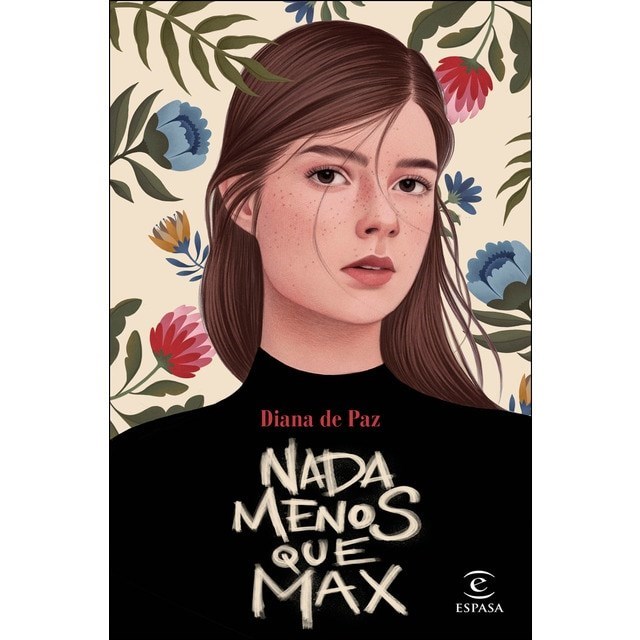Love is love. And it hurts.
Clara is 26 and has the world at her feet. She lives in Madrid and seems to have it all: a wealthy family, great friends, and her boyfriend, Pedro. However, when they decide to break off the relationship, her desire to one day become a mother and continue with her seemingly perfect life becomes increasingly distant. She takes refuge in her friends, with whom she shares many moments going out and enjoying herself, hoping to someday fall in love again.
She relies especially on her best friend Carmen, her radical and outspoken counterpoint, who does not stop lecturing everyone about human rights, especially focusing on women and the LGTBIQ+ community. And not that Clara is against it, but she ignores it, because she is convinced that these issues do not pertain to her.
When she meets Max, she feels her life is finally back on track to the one she always dreamed of again. They fall madly in love while getting to know every nook and cranny of Madrid.
What Clara doesn’t realize is that Max is keeping a secret that prevents him from opening himself up completely to her and puts their promising relationship to a halt. Clara’s life is turned upside down when Max confesses that he is transexual.
This revelation causes Clara to reflect not only on herself and her beliefs, but also on all those issues that Carmen had always talked about… issues that Clara had always thought of as distant from her. She undergoes a profound transition and personal growth that turns her into someone new. It pushes her to move out of her parents’ house to an apartment in Madrid alone and to start studying another major. It opens her eyes and leads her down a path in which love, the struggle for rights and freedom are fundamental pillars.
She will also become aware of many things going on around her that she had never noticed before, such as the importance of consent when it comes to having sex. When they meet again, Clara confesses to Max that she has not been able to stop thinking about him and is willing to fight for his love. However, it becomes a troubled and tumultuous relationship… but above all, a passionate one.
When Clara decides, at the end of the day, that she sees no clear future with Max, since he does not want to have a family, she breaks up with him. After a failed attempt by Max to commit suicide, the relationship results in a very important growth process for both of them. In the end, they decide to take their separate ways, but having overcome many problematic situations, such as prejudices and social conflicts.
RELEVANT DATA: Diversity and tolerance are in the foreground in this love story so different from the others. This is the author’s debut novel, which touches on today’s hot topics in a fresh, simple, and close way.
What the critics have said:
“This book talks about freedom, love, feelings, gender… It is so complete, very real, very sincere and necessary in today’s society. The most beautiful of all is the way the author creates her characters, simple, sensitive, human… real.“ Goodreads
“Nothing Less Than Max (Nada menos que Max) should be compulsory reading. Besides being a love story (of many, many kinds of love and so many other things), it is completely different from any you may have read before. It teaches you and makes you ask questions you probably would never have asked yourself. The author touches upon uncomfortable subjects in a straightforward, direct way, she calls a spade a spade and isn’t afraid to do so.” Goodreads
AUDIOVISUAL POTENTIAL: TV Series, Miniseries, Film, TV Movie.
LANGUAGES AVAILABLE: Spanish.

Adquirir los derechos
Para ponerte en contacto con nosotros completa el siguiente formulario y te responderemos en breve.

